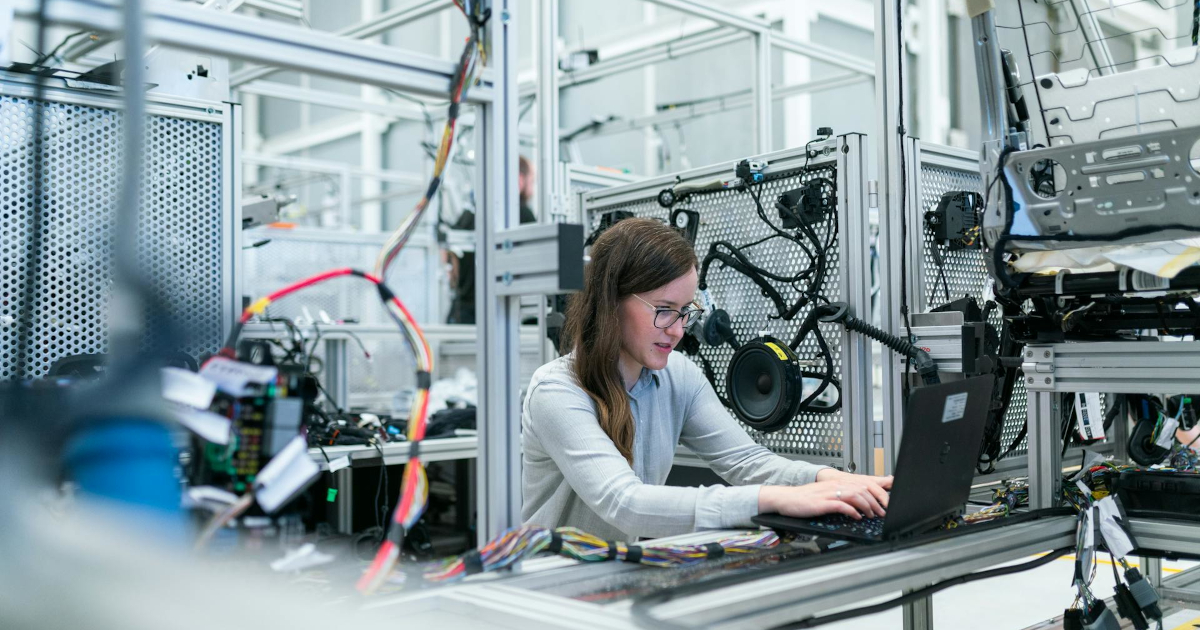AI Doesn't Threaten Literature, Human Intentions Do, Writers Argue

Summary
Full Article
London hosted a profound dialogue on literature's future amid technological advancement when award-winning writers Xuemo and Zhang Huaichun discussed the potential impacts of artificial intelligence on creative expression.
The writers argued that AI's threat is not inherent in the technology itself, but in how humans choose to deploy it. Xuemo emphasized that technological progress must be accompanied by spiritual growth to prevent losing humanity's essential qualities. He noted that while AI tools excel in efficiency, they fundamentally lack human consciousness and lived experience—critical elements of meaningful literature.
Zhang Huaichun reinforced this perspective, stating that AI cannot replicate genuine emotions. She believes machines can assemble words, but cannot truly breathe life into them. Great literature, she argued, stands out through emotional resonance and spiritual guidance—qualities no algorithm can authentically generate.
Both writers converged on a central theme: literature must serve as a guiding compass and spiritual nourishment in the technological age. They suggested that as artificial intelligence reshapes industries, humanity must return to core values of truth, goodness, and beauty.
Their discussion highlighted the irreplaceable human elements in creative work—curiosity, emotional depth, and the capacity to transform personal experiences into meaningful narratives. Xuemo illustrated this by metaphorically describing inspiration as breaking free from limited perspectives and merging with the vastness of human experience.
The event, which attracted nearly one hundred attendees including cultural diplomats and artists, underscored the ongoing dialogue about technology's role in creative industries. It suggested that rather than fearing AI, writers and creators should focus on cultivating the unique human capacities that technology cannot replicate.

This story is based on an article that was registered on the blockchain. The original source content used for this article is located at 24-7 Press Release
Article Control ID: 48595